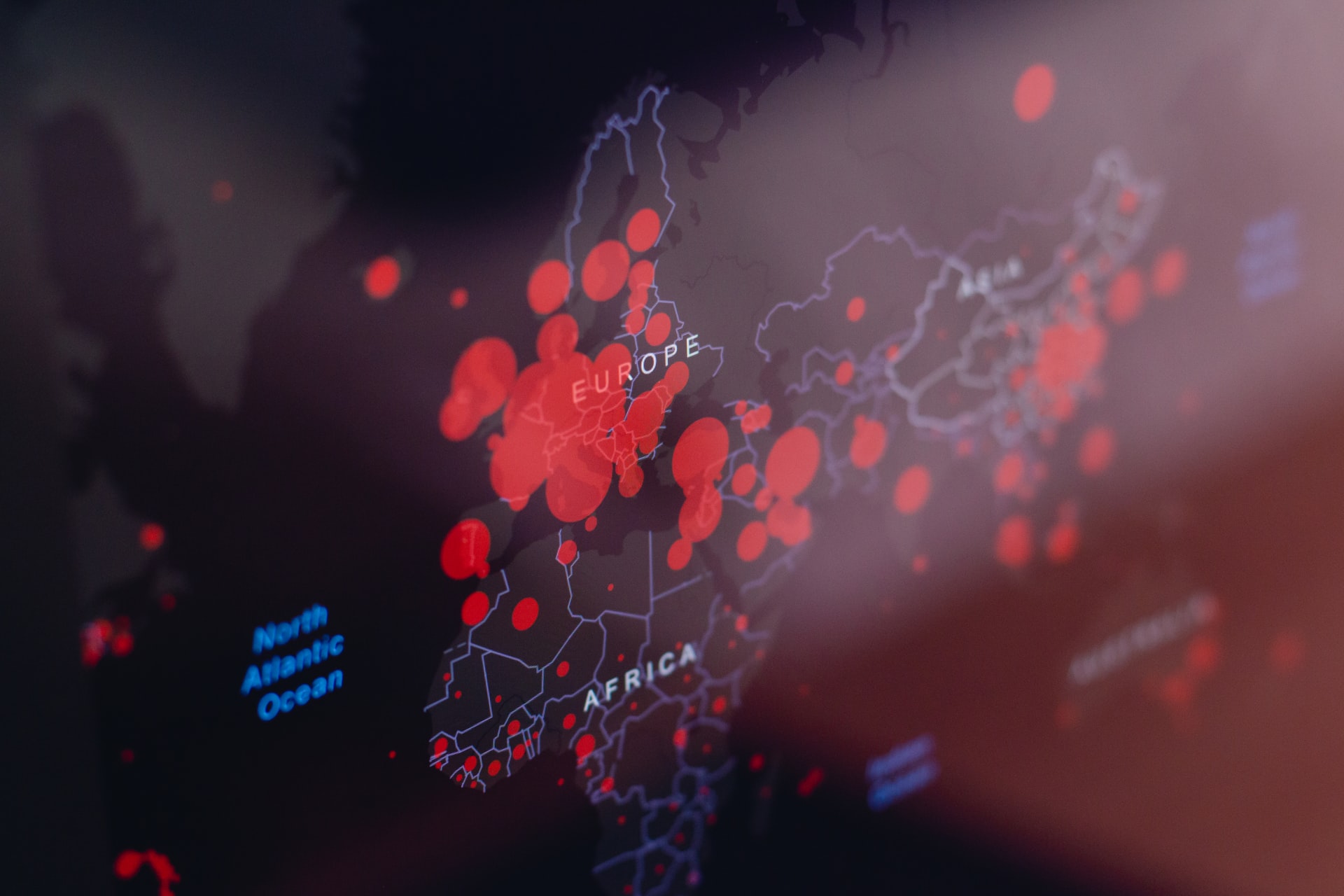
COVID-19 killed over 500,000 worldwide within four months of the World Health Organization’s declaration of a pandemic on March 11, 2020, with the disease spreading so quickly that the public health sector was unable to keep pace with the speed at which information evolved. (File photo: KOBU Agency/Unsplash)
The World Health Organization declared an end to the COVID-19 public health emergency on May 5, 2023. In the year since, only two provinces — Alberta and Ontario — have published proposals for dealing with future health emergencies.
As a public health economist, I have drawn five lessons from these reports that the remaining provinces might learn from COVID-19, and their implications for policies to deal with future pandemics.
Communicable diseases can spread extremely quickly
COVID-19 killed over 500,000 worldwide within four months of the World Health Organization’s declaration of a pandemic on March 11, 2020, with the disease spreading so quickly that the public health sector was unable to keep pace with the speed at which information evolved.
Policy implication: In short, it may be a mistake to focus attention on how the government should react during the chaos of the first months of a pandemic. The time to conduct extensive research and develop policies based on calm, reasoned judgements is now, when the last pandemic is behind us and the next is yet to come.
There is no ‘one truth’
During the pandemic there was sufficient skepticism concerning mainstream medical and life sciences that the Alberta report recommended that future policymakers should be “…open to considering and investigating alternative scientific narratives and hypotheses.”
Policy implication: Specifically, the report was concerned that some hypotheses might be rejected solely because sufficient evidence was not yet available to evaluate them. Rather, it encouraged policymakers to supplement data analysis with “reasoned” decision-making that also incorporates elements such as community values and beliefs. Although this approach may not be favoured by the medical community, it does have currency in the general population. The danger is that if alternative narratives are not treated seriously, many citizens will reject mainstream health guidelines and we may not reach the “community,” or “herd,” threshold beyond which the spread of disease falls naturally.
Science is ‘messy’
Most research concerning communicable diseases is not based on laboratory experiments, but on observational data: investigations of humans going about their daily lives. Unfortunately, analyses of these data are not always reliable as they are subject to a host of statistical problems.
These include: that the individuals in the researchers’ data set may not be representative of the average citizen, that factors that have important effects on medical outcomes have not been measured, and that the questions put to participants in research projects are not clear and unbiased. Furthermore, “questionable research practices” are not uncommon in medical and social science research, potentially leading to unreliable results.
Policy implication: Once the government has accumulated an extensive body of research studies, expert statisticians should be employed to check the validity of those studies. And when deficiencies in research have been identified, methods for resolving them must be devised.
Many costs and benefits of health policy cannot be measured
Although it is often recommended that decision-makers should conduct cost-benefit analyses of their proposed policies, the effects of health-care decisions are broad and many cannot be measured. For example, science provides no objective methods for measuring the costs of policy proposals such as restrictions on gatherings for religious, recreational, or educational purposes; and it has no metric for measuring all of the potential benefits of policies that would reduce illness or death.
Policy implication: During the COVID-19 pandemic, many commentators called for the government to base policy on science. But this appeal was misdirected. Whereas the design of policy requires the use of both objective and subjective costs and benefits, science can only provide information about factors that can be measured objectively. At best, science can tell us what can be done; it cannot tell us what should be done.
We do not share a single set of social values
The commonly heard plea that policymakers should act in “society’s best interests” implies that there is one set of social goals that is accepted by all citizens. But if COVID-19 taught us anything it is that we disagree, often intensely, about society’s goals.
We often place different values on the same set of outcomes. For example, some citizens are more risk-averse than others. In many cases we may have similar preferences but are affected differently by the same public policy — for example, a lockdown may have a greater effect on those whose jobs require a physical presence than on those who can work remotely.
Policy implication: Decision-makers must allow for the possibility that there is no single policy that is “best” for everyone. There will have to be trade-offs in which each group gives up some portions of its preferred position to gain concessions from the others, perhaps by bringing representatives of interest groups together to negotiate a commonly accepted set of policies.
If the impact of future pandemics are to be minimized, it is not sufficient that we recognize the deficiencies in our responses to COVID-19; we must start to build a set of policies for the next pandemic as soon as possible.![]()
Christopher Bruce, Professor Emeritus, Economics, University of Calgary
This article is republished from The Conversation under a Creative Commons license. Read the original article.





















